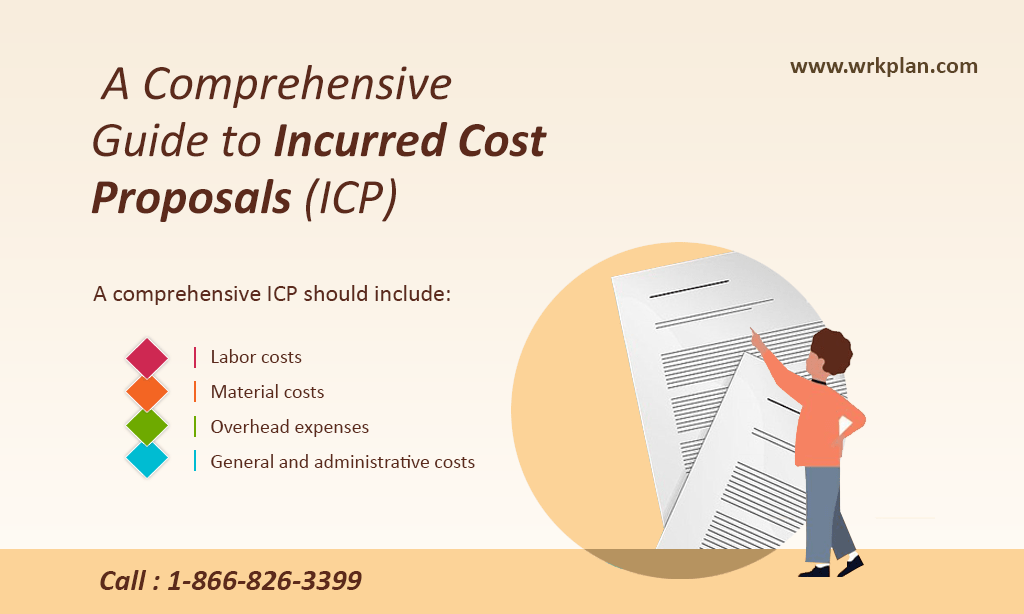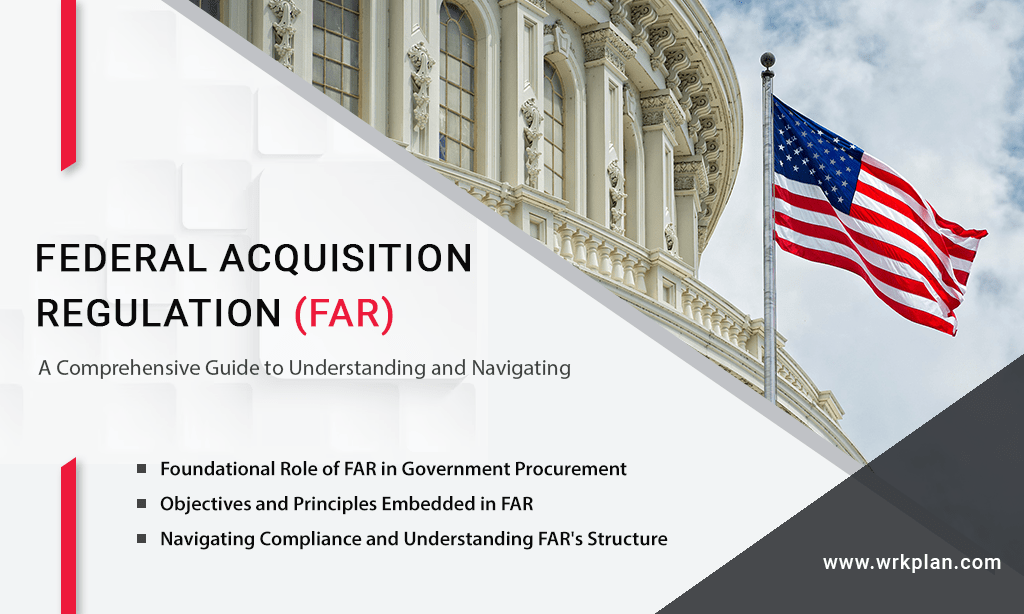Emerging technologies have revolutionized the way governments operate and manage contracts. While these innovations offer numerous benefits, they also raise ethical and legal implications that must be addressed. In this article, we will explore some of these implications and show how WrkPlan can help its users remain compliant with ethical and legal requirements in government contracting.
- Data Privacy and Security
Emerging technologies, such as artificial intelligence and blockchain, often rely on the collection, storage, and analysis of vast amounts of data. The handling of sensitive information, particularly in government contracting, demands strict adherence to data privacy and security regulations. Failure to comply with these laws can result in severe penalties, reputational damage, and loss of trust among stakeholders.
- Intellectual Property Rights
As government contractors increasingly integrate emerging technologies into their operations, protecting intellectual property rights becomes more challenging. Contractors need to ensure they have proper licensing agreements and adhere to copyright, patent, and trademark laws when using or developing new technologies.
- Bias and Discrimination
Artificial intelligence and machine learning systems, which are becoming more prevalent in government contracting, can sometimes inadvertently perpetuate biases and discriminatory practices. To prevent this, contractors must implement measures to ensure transparency, fairness, and accountability in their use of AI-driven technologies.
- Surveillance and Privacy Invasion
Some emerging technologies, such as facial recognition and drone surveillance, may infringe on individual privacy rights. Government contractors should be aware of the legal and ethical implications of using these technologies and must strike a balance between leveraging their benefits and upholding privacy rights.
- Responsible Innovation
Government contractors should prioritize responsible innovation when adopting emerging technologies. This approach involves evaluating the potential risks and benefits of new technologies, considering their societal and environmental impacts, and making informed decisions that align with ethical principles and legal requirements.
Staying Compliant with WrkPlan
WrkPlan offers a comprehensive solution that helps government contractors navigate the complex ethical and legal landscape of emerging technologies. With its robust compliance management features, WrkPlan helps users stay up to date with relevant regulations and ensures that their operations adhere to the highest ethical standards.
By utilizing WrkPlan’s powerful tools and resources, government contractors can not only harness the potential of emerging technologies but also remain compliant with ethical and legal requirements, promoting responsible innovation and fostering trust among stakeholders.













